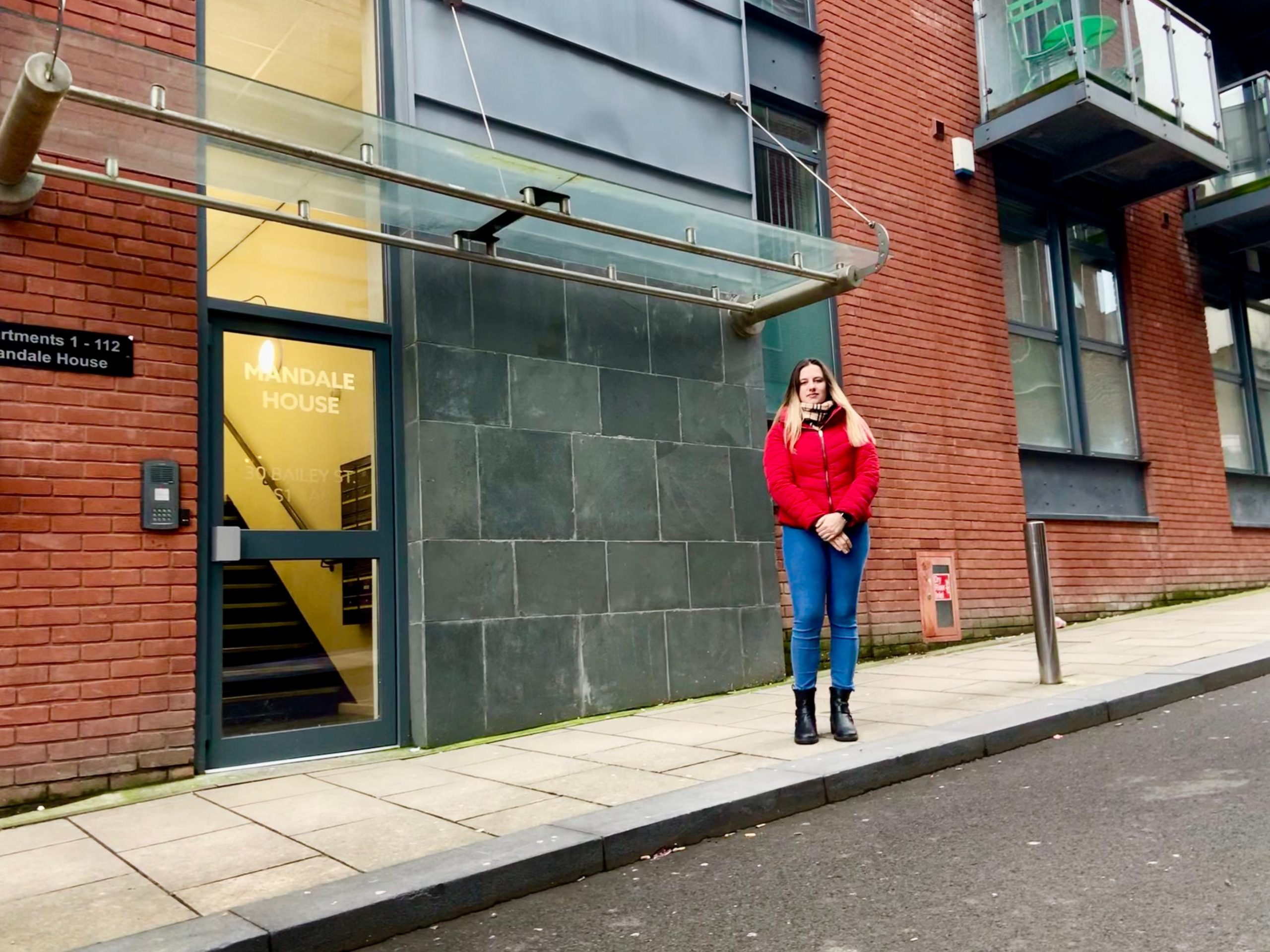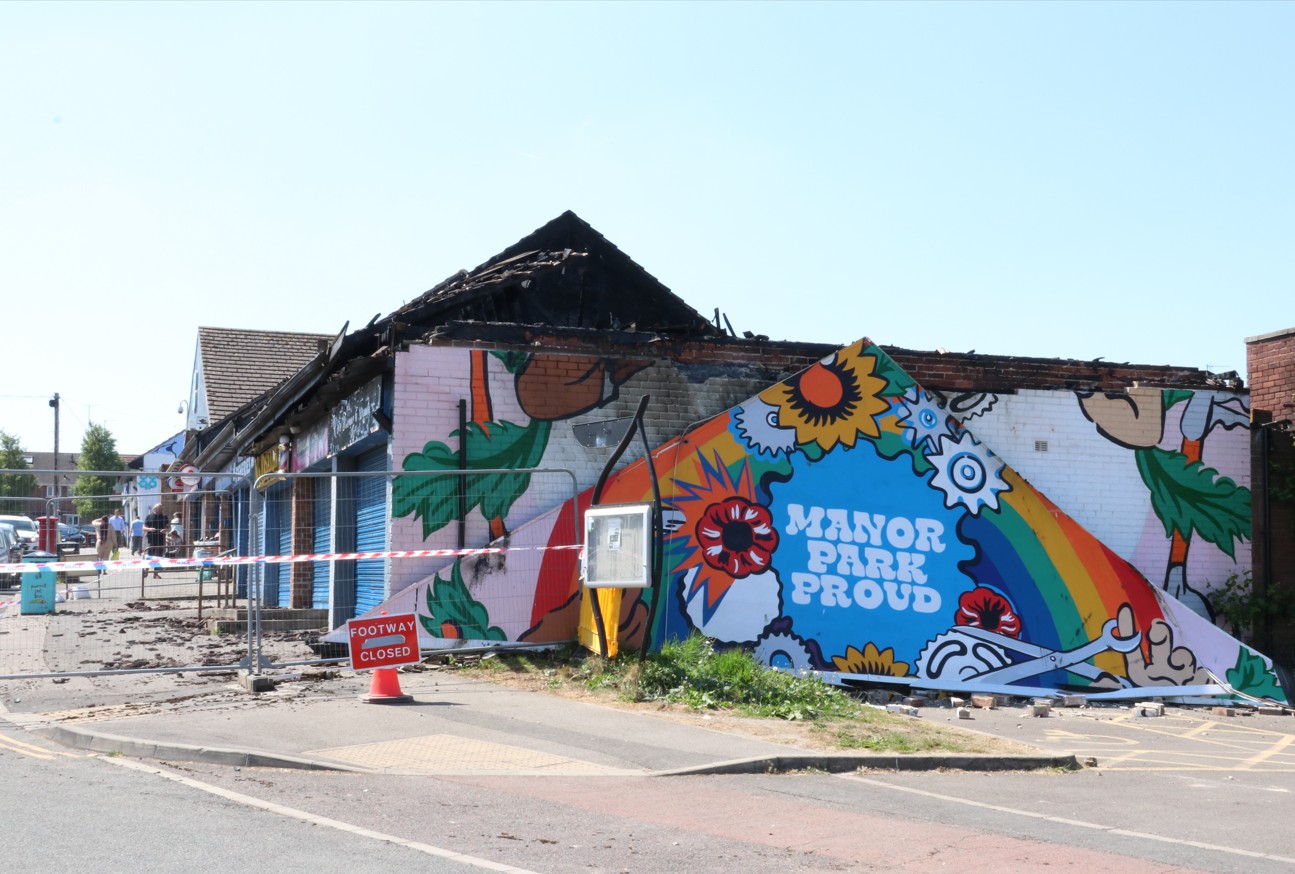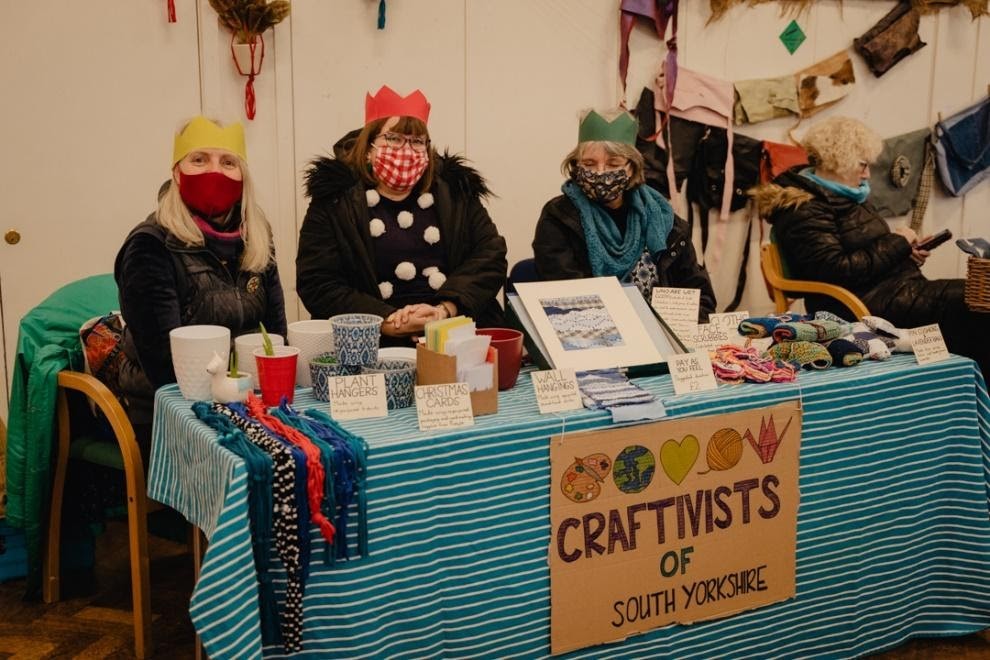Residents in unsafe high-rise buildings in Sheffield have called for the government to provide more support for the remediation of their homes.
It came as Levelling Up Secretary Michael Gove announced the Building Safety Bill last week. This would mean no leaseholder living in medium or high-rise buildings would “pay a penny” for the removal of dangerous cladding according to Gove.
But Olivia Hill, a PhD student who bought a flat in Mandale House, Sheffield in 2019 may still be liable to pay thousands of pounds to fix the fire risks in her building. For 18 months, she and those in her building were paying £10,000 per month for a constant on-site fire warden.
In 2020, a year after she bought the flat, the building failed its cladding safety test, receiving a B2 rating — the worst of its kind.
Plasterboard in the building is also flammable, meaning the final-year PhD student is still liable to pay the whole cost for corrective insulation work.

Above: Mandale House, Bailey Street
Miss Hill, who is part of Sheffield Cladding Action Group, spoke of the mental toll of living in the building, saying: “It’s so all-consuming of your brain. It’s mentally draining to keep up with everything that’s happening. I’m not a building developer or a quantity surveyor.”
She told Sheffield Wire how a full fire evacuation at 3am left her in a “panic”.
“Knowing how catastrophic it could be at our building, it was extra daunting to walk outside to five fire engines and teams storming into the building,” Miss Hill said.
The draft legislation states those living in buildings over 11m high will not pay over £10,000 to remove flammable cladding if the original developers cannot pay. Other areas of buildings, such as insulation, are not covered by the proposals at all.
So far, the government has not provided an estimate of how many people could be left to pay thousands of pounds.
Although the draft legislation proposes to give courts powers to go after shell companies, if it is not possible to trace them, residents are still liable to pay up to £10,000 for the cladding removal.
Miss Hill, who is part of Sheffield Cladding Action Group, said: “I don’t think leaseholders should be paying to correct any historic defects, and the Bill should be inclusive of all fire safety-related costs.”
Her view is echoed by Sheffield Central MP Paul Blomfield, who said: “Recent announcements from the government are just a sticking plaster and don’t cover many of the problems caused by non-cladding related safety defects in certain blocks.”
William Martin, a leaseholder of a dangerous high-rise in Sheffield and the founder of UK Cladding Action Group, is also calling for the government to do more. He says the issue is first and foremost about keeping people safe.
Mr Martin said: “We’ve lost count the number of times that the government has said that we shouldn’t have to pay to make buildings safe.
“But this is them writing into law that if you have tried to go after the original building owner, and you haven’t had any luck with that, you’re well within your rights to bill a leaseholder ten grand.”
Housing and public law solicitor Christian Hansen said the announcements were positive for residents, but lacked the details needed to provide certainty. He warned of “potential high costs liability” for those living in unsafe high-rises.
The Department for Levelling Up did not respond to our request for comment.




